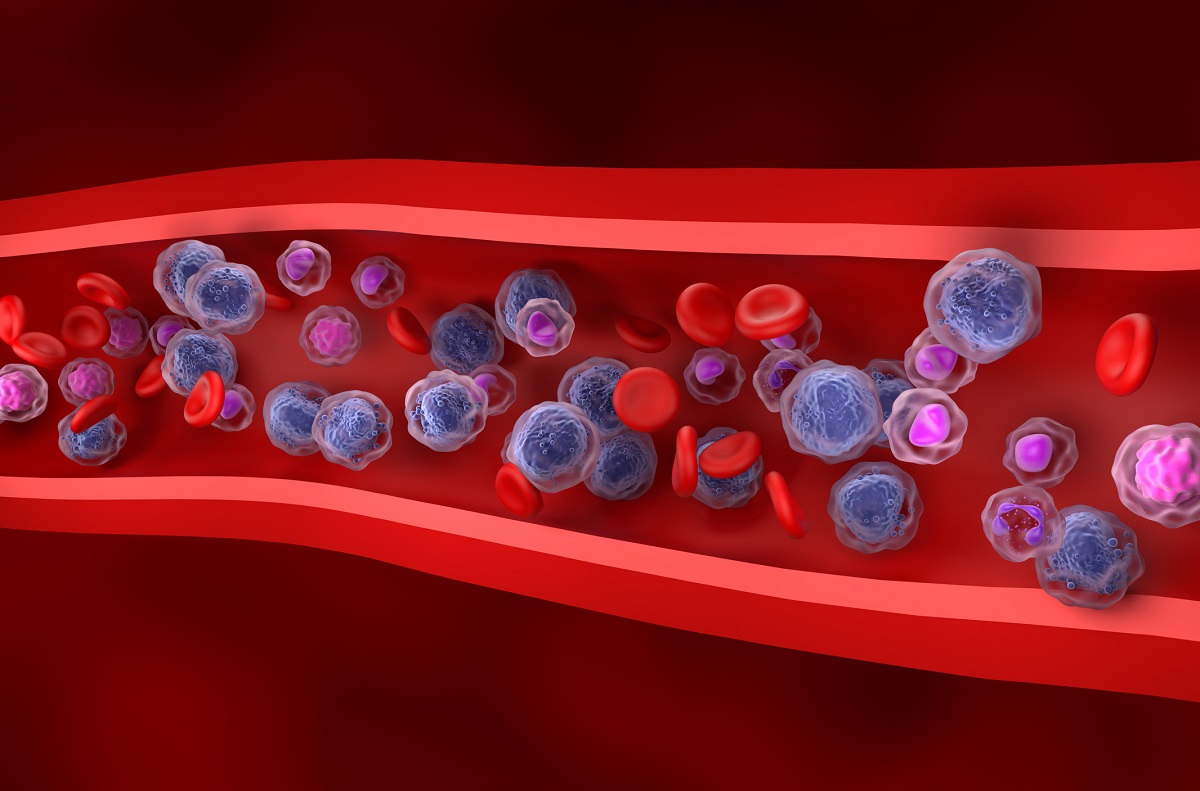KEY TAKEAWAYS
- The study aimed to explore stakeholder views on an optimal web portal for AML research using qualitative interviews.
- The study concluded that digital platforms can enhance research communication, advance precision medicine, and improve patient care.
Acute myeloid Leukemia (AML), a swiftly advancing blood and bone marrow cancer, stands as the deadliest adult leukemia type. Therapeutic web portals hold significant promise in catalyzing AML research progress and enhancing health outcomes by expanding data accessibility, accelerating the dissemination of new insights, and fostering communication among researchers and clinicians. Yet, there exists a necessity for stakeholder investigation into their optimal attributes, utility, and execution.
Terese Knoppers and the team aimed to investigate stakeholder perspectives on optimizing therapeutic web portals for AML research and implementation.
The study conducted 17 semi-structured qualitative interviews with clinicians, researchers, and clinician-researchers to understand stakeholder perspectives on an ideal pan-Canadian web portal for AML research. Interview guides were based on De Laat’s “fictive scripting” method, presenting experts with future technology scenarios and soliciting implementation feedback. Content analysis followed an iterative process, integrating themes from existing scientific literature and interview data.
The results revealed that participants highlighted potential benefits of an AML therapeutic portal, such as facilitating data-sharing, communication, and collaboration, and improving clinical trial matching for patients, possibly based on their genomic profiles. While there was enthusiasm about access for researchers, clinicians, and clinician-researchers, opinions varied regarding potential patient access.
Additionally, interviewees emphasized credibility and user-friendliness as essential elements for adopting and succeeding in a therapeutic AML web portal. Sustainability, security, and privacy concerns were also noted.
The study’s findings contributed to the increasing demand among researchers and clinicians for digital platforms to enhance research dissemination, advance precision medicine, and improve patient prognosis and care.
These results have broad applicability to therapeutic web portals, particularly in genomic and translational medicine, and are of interest to portal end-users, developers, researchers, and policymakers.
Funding was provided by the Génome Québec grant and Fonds de recherche du Québec–Santé.
Source: https://pubmed.ncbi.nlm.nih.gov/38635542/
Knoppers T, Haley CE, Bouhouita-Guermech S, et al. (2024) “From code to care: Clinician and researcher perspectives on an optimal therapeutic web portal for acute myeloid leukemia.” PLoS One. 2024 Apr 18;19(4):e0302156. doi: 10.1371/journal.pone.0302156. PMID: 38635542; PMCID: PMC11025855.



